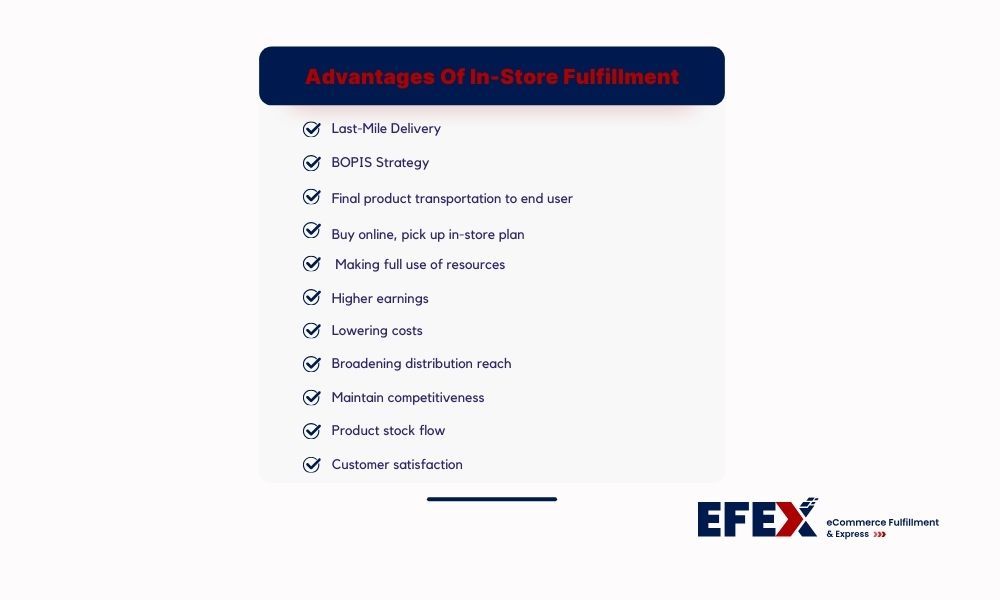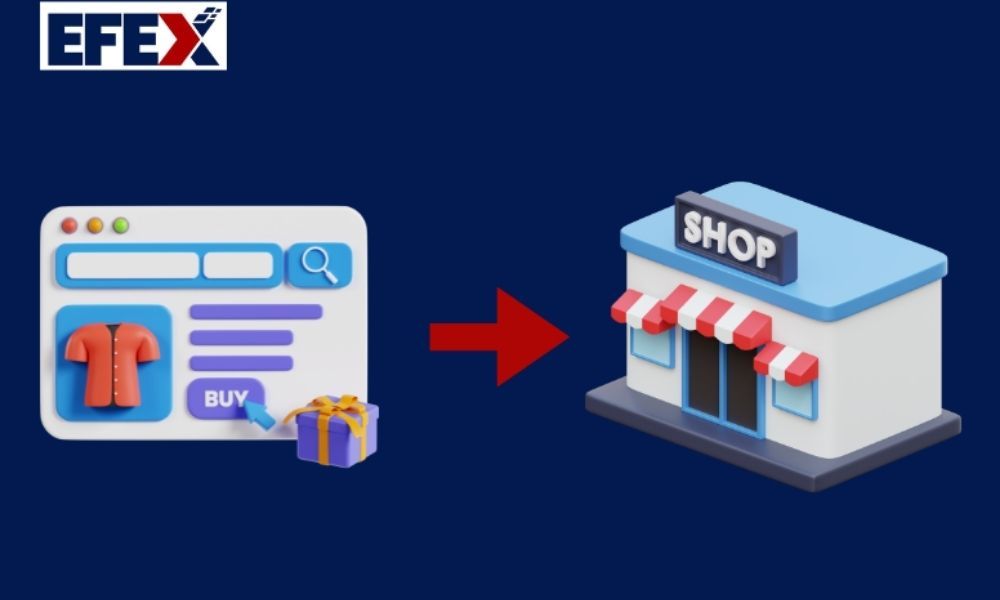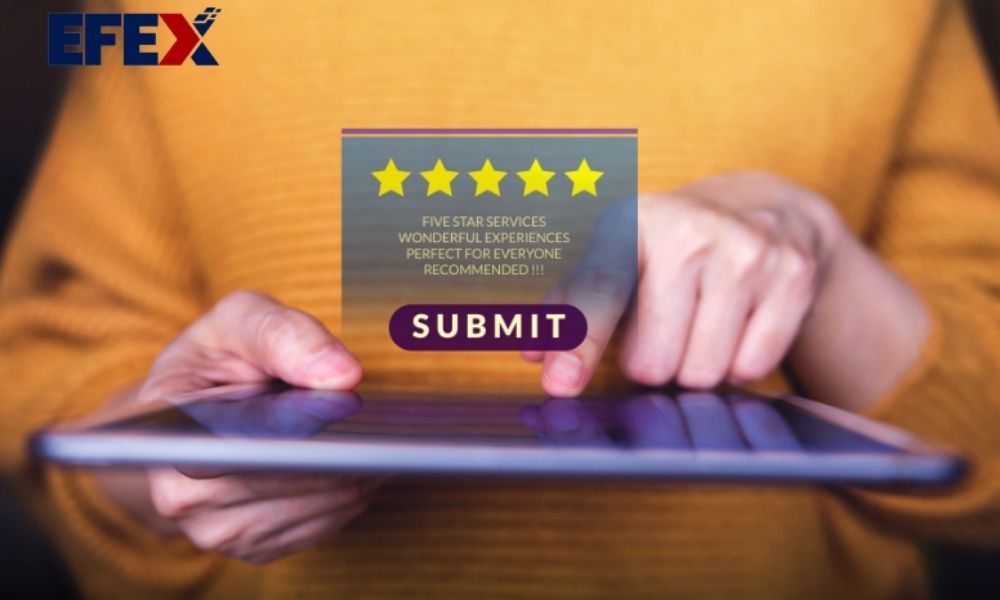
More Helpful Content
As an online store owner, having an effective and efficient fulfillment strategy is essential for meeting the needs of your customers. An optimized order fulfillment process directly impacts customer satisfaction, which can lead to higher loyalty and repeat sales.
It's important to understand store fulfillment definition so you can ensure that every purchase in your store meets expectations.
In this blog post, we will unpack store fulfillment and look at its benefits and challenges so you can better understand this strategy.
In-store fulfillment (also known as ship-from-store) is an omnichannel retail strategy that transforms physical stores into mini distribution centers. This approach allows retailers to fulfill and ship orders directly from their brick-and-mortar locations, regardless of whether the order originated online or in-store.
The concept of In-store fulfillment is straightforward – stores are strategically placed. Because they are located closer to buyers than typical warehouses, in-store fulfillment needs less time for production to complete orders and is thus more affordable in transportation.
As a result, it is critical to design a fulfillment plan that facilitates easy shipment from the business.
>> Learn more:

When implemented correctly, in-store fulfillment provides merchants with several advantages. These are:
The fundamental purpose of last-mile delivery is to get the shipment or order to its final user as soon as feasible. It goes beyond saying that allowing in-store fulfillment capabilities for the business results in faster delivery rates as well as shorter order turnaround times.
In-store fulfillment assists in selecting the best shipping path, leading to an effective order fulfillment procedure.
BOPIS is an abbreviation for “buy-one, pick up in-store”. In certain cases, buyers just do not have the patience to wait till their item arrives. They don’t mind walking down to the nearest store to pick up their orders.
This approach appeals to buyers in these instances because they receive the advantages of buying online as well as the ease of picking up their items at a local store as soon as feasible.

One of the key advantages of in-store fulfillment is the ability to easily transport the final product to the end user. With traditional warehouse fulfillment, products often have to go through multiple transit points before reaching their destination.
However, with in-store fulfillment, products can be shipped directly from the store to the end user, reducing transit time and costs.
In-store fulfillment also allows businesses to make full use of their resources, including inventory and staff. By fulfilling orders from physical stores, companies can reduce the need for separate warehouse space and utilize existing store personnel for order picking and packing.
This not only helps with cost savings but also improves overall efficiency in utilizing available resources. In addition, it can also lead to increased sales as customers may be more likely to purchase additional items while picking up their orders in-store.
In-store fulfillment allows firms to save money on things like labor and shipping. As previously stated, the proximity of businesses to regular customers as opposed to warehouses reduces transportation costs substantially.
Regardless matter the sort of business, establishing a large network is advantageous. The ability to provide Omnichannel Fulfillment for companies enables network expansion. Store Fulfillment enables the establishment of additional physical shops and micro-fulfillment centers with fewer resources and equipment.

It is critical to maintain a competitive edge in businesses. Companies may compete fiercely when it comes to pricing while maintaining same-say delivery speeds using in-store fulfillment. Adopting an in-store fulfillment strategy increases a company’s opportunities for brand visibility and positioning in a competitive market.
In-store fulfillment also helps with better stock flow management. With the ability to fulfill orders from the physical store, businesses can easily track their inventory levels and restock accordingly, resulting in fewer out-of-stock situations. This leads to a better customer experience and increased sales.
Keeping an eye on customer satisfaction in an eCommerce firm is especially difficult. When placing Store Fulfillment infrastructure, buyers get what they are looking for as soon as possible, leading to higher expectations from customers and repeat purchases.

Finally, the biggest advantage to consider is profit. Every action a company takes should result in profitable growth and profits. In-store fulfillment is a terrific approach to boost brand awareness and maintain high levels of customer happiness.
In-store fulfillment is a valuable strategy for businesses looking to improve their fulfillment process and meet the demands of today's consumers. As eCommerce continues to evolve and grow, having the capability for store fulfillment will become increasingly important for businesses looking to stay competitive in the market.
At EFEX, we offer ecommerce order fulfillment service with benefits like last-mile delivery within 2 days to help businesses optimize their operations and provide a seamless customer experience. Our team of experts can assist in developing and implementing an effective fulfillment strategy that meets your unique business needs.
Contact us today to learn more about how we can support your store fulfillment efforts.


